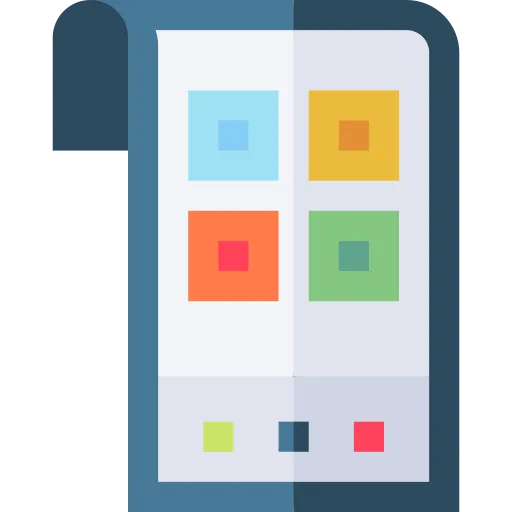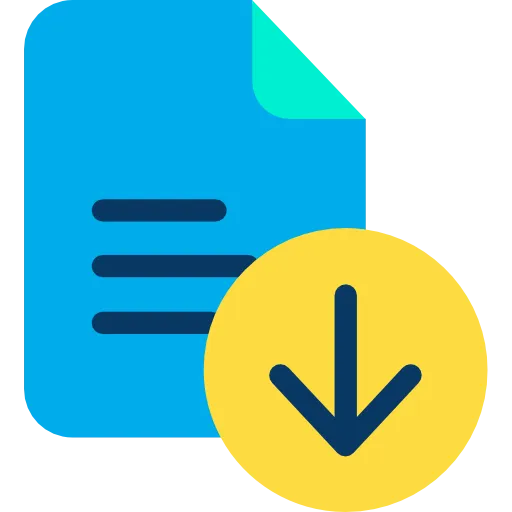
OTHER TOOLS

This clicks per second test is very high in quality. It is available for free online, and still has the best graphics. So you can rely on this game easily.

Another important feature about this click speed test is that you can play it without any security issues. Your data, personal information, cookies, etc. are all safe, and none of these are saved on the website’s database.

The click per second test is very flexible. It is easy to play it, you can enjoy it on any phone or laptop. You can play it using any internet browser. The test and results are very fast.

This CPS online game is a user-friendly game. It is very easy to play, and you can enjoy it in just a few clicks. You don’t need to login, install additional software or anything else to be able to play this game. The game and results are both very simple, organised and quick.

The clicks per second test is free of cost. It is absolutely free, and anyone with the link can play this game online. So you can test your vision and improve it, without having to pay anything.

You don’t need any additional downloads to play this game. You don’t even need to download the results. It is available online, without much data consumption.
Frequently Asked Questions
Clicks per second test, also known as CPS test, is a type of test that measures how fast a person can click a mouse button or tap on a screen in a given amount of time. The objective of the mouse clicking test is to achieve the highest number of clicks per second possible within the time limit. CPS tests are simple and addictive, and they can be taken by anyone regardless of age or gaming experience. The test is usually taken on a simple user interface that displays a timer, a counter, and a button that the person must click as many times as possible within a set time limit, typically ranging from 5 to 60 seconds. The test has become popular among gamers, casual users, and even professional athletes who use it to train their dexterity and reflexes. The test is also used by tech companies and researchers to evaluate the performance of computer hardware, such as mice, keyboards, and touchscreens. To take this test, the user must click as many times as possible within the set time limit. The test keeps track of the number of clicks and displays the player's score at the end of the round. The user can then try to beat their previous score or challenge other people to beat their score.
While the test is simple, achieving a high CPS score requires a combination of factors, including hand-eye coordination, finger dexterity, and speed. Many players use different techniques to increase their CPS score, such as using a specific finger or using multiple fingers to click the mouse button or tap the screen. Whether for fun or competition, playing CPS tests can be an enjoyable way to pass the time and improve one's hand-eye coordination and finger dexterity.
Cognitive tests on phone, also known as mobile cognitive testing, have become increasingly popular in recent years due to the widespread availability of smartphones and other mobile devices. These tests are designed to assess a person's cognitive abilities, such as memory, attention, and processing speed, and can be taken from the comfort of their own home. This CPS 10 Seconds test is especially helpful because it checks your ability to click on the screen as fast as possible in a limited time. You can change your test duration up to 100 Seconds and see the difference in your results. The popularity of cognitive tests on phone has been fueled by the growing recognition of the importance of brain health, and the need for early detection of cognitive impairment or decline. Mobile cognitive testing provides a convenient and accessible way to assess cognitive function, and can be used to monitor changes in cognitive abilities over time.
One example of a mobile cognitive test is the Stroop Test, which measures a person's ability to inhibit automatic responses and focus attention. The test presents words in different colors, and the person taking the test is asked to name the color of the word, rather than the word itself. The time taken to complete the test and the number of errors made are used to assess cognitive function. Another example is the Trail Making Test, which measures processing speed and cognitive flexibility. In this test, a person is asked to draw a line connecting circles labeled with numbers and letters in a specific order, as quickly as possible.
Online cognitive tests like the fast clicking test have a number of advantages over traditional paper-and-pencil tests, including increased accessibility and ease of administration. They can also be tailored to an individual's specific needs and preferences, and can be completed remotely, without the need for a clinician or testing centre. However, there are also some limitations to mobile cognitive testing. The validity and reliability of these tests can vary depending on the design of the test, and there is a risk of individuals cheating or manipulating their results. Additionally, mobile cognitive tests may not capture the full range of cognitive abilities that are important for daily functioning. Despite these limitations, CPS speed test on phone have the potential to play an important role in the early detection of cognitive impairment and the monitoring of cognitive health over time. With further research and development, these tests may become a valuable tool for promoting brain health and preventing cognitive decline.
Cognitive tests like CPS Tester are assessments designed to measure various aspects of a person's mental abilities, including memory, attention, perception, and reasoning. These tests are often used in educational and clinical settings to diagnose learning disabilities or cognitive impairments, as well as in the workplace to evaluate job candidates and employees. With the advent of online technology, cognitive tests are now widely available on the internet, providing individuals with easy access to these assessments from the comfort of their homes.
Touchscreen tests like CPS click test for mobile devices have become increasingly popular in recent years. These games are designed to be played on smartphones and tablets, and they take advantage of the touch-sensitive screens of these devices to create a fun and engaging gaming experience. In this essay, we will discuss the benefits and drawbacks of touchscreen games for mobile devices. One of the main benefits of touchscreen tests is their accessibility. Since most people carry their mobile devices with them at all times, they can easily access these tests whenever they have a few minutes to spare. This makes them a great way to pass the time while waiting in line, commuting to work, or taking a break from work or school.
The best thing about online cognitive tests is convenience. People can take the tests at their own pace and in the comfort of their own homes, without having to travel to a testing center or schedule an appointment. This is particularly beneficial for people who live in remote areas or have mobility issues. Online tests also offer more flexibility, as they can be taken at any time of the day, making it easier for people to fit them into their busy schedules. Online cognitive tests can also be more cost-effective than in-person tests. Since there is no need for a professional examiner, the cost of administering the test is significantly reduced. This makes it possible for more people to access cognitive testing, particularly those who may not have the financial resources to afford in-person assessments.
However, online cognitive tests do have their limitations. One of the main challenges is ensuring the reliability and validity of the test results. Without a trained professional to administer and interpret the results, there is a risk that the results may not accurately reflect the person's cognitive abilities. This is particularly true for people who may not have a strong internet connection, as technical issues can affect their performance on the test. So, online cognitive tests offer a convenient and cost-effective way for people to access cognitive assessment tools. However, the reliability and validity of the results can be a challenge, and there is a risk of technical issues affecting the test taker's performance. As technology continues to advance, it is important to continue exploring ways to improve the reliability and validity of online cognitive tests while providing personalized feedback to test takers.
CPS tests are a popular way to assess a person's motor skills, which are critical for daily functioning. By measuring the number of clicks per second, the test can provide information about the speed and accuracy of a person's hand movements. In addition, CPS tests can help to identify any motor impairments, such as tremors or weakness, which may be indicative of underlying neurological or medical conditions. Touchscreen tests are also easy to learn and play, making them accessible to people of all ages and skill levels. Many games are designed to be intuitive, with simple touch-based controls that anyone can understand. This makes them a great way for people to unwind and relax, without having to invest a lot of time and effort into learning how to play.
CPS tests are also useful for measuring a person's reaction time and attention span. Research has shown that individuals with faster reaction times tend to have better cognitive function, including better memory and decision-making skills. The test's ability to measure attention span is important because attention is a key component of many cognitive abilities, including memory and problem-solving. In addition to measuring motor skills, reaction time, and attention span, CPS tests can also provide insight into a person's psychological well-being. Studies have shown that individuals who perform well on CPS tests tend to have higher levels of confidence and self-esteem. This may be because the test provides immediate feedback on performance, which can boost a person's confidence and sense of accomplishment.
While CPS tests can be a valuable tool for assessing brain function, it is important to note that they are not a substitute for a comprehensive neuropsychological evaluation. These tests may provide useful information, but they should be interpreted in the context of a person's overall cognitive abilities and medical history. CPS tests are a simple and effective way to measure hand-eye coordination, reaction time, attention span, and psychological well-being. These tests can be a valuable tool for assessing brain function and identifying any underlying neurological or medical conditions. With further research, CPS tests may become an important tool for promoting brain health and preventing cognitive decline.
Over 150k Users Rely on Our Hardware Tester Tools Monthly
Join a growing community of creators who trust hwtests.com for testing keyboard,mouse,typing and many more